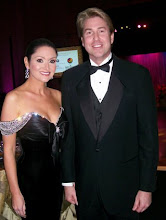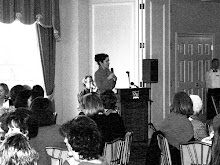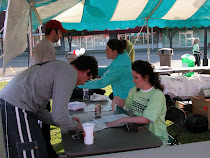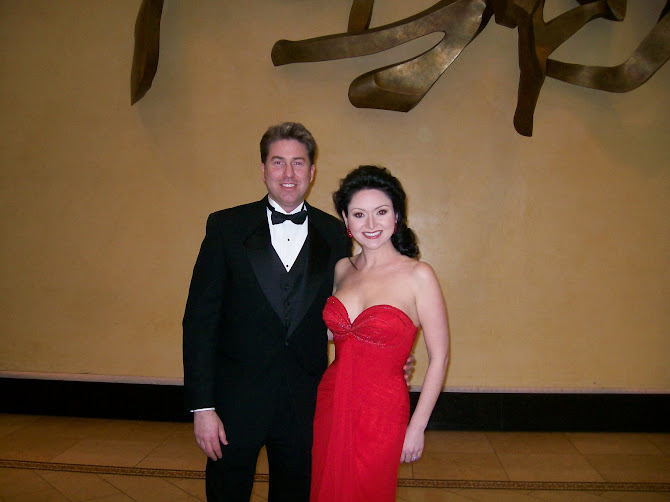The American Society of Clinical Oncology (ASCO) held their 2010 Annual Meeting from June 4-8 in Chicago, IL. Here are a few of the highlights in lung cancer research that were presented at the meeting:
New drug targeting ALK gene shows promise for some advanced Non-Small Cell Lung Cancer (NSCLC) patients
Researchers presented encouraging results of a study using a new drug called crizotinib to treat advanced NSCLC patients with an ALK gene fusion. In about 1 out of 20 NSCLC patients, the ALK gene has fused with another gene, which can drive tumor growth. Crizotinib inhibits this process. In the study, crizotinib stopped tumor growth in most patients with the ALK gene fusion, and shrank the tumor in nearly half the patients. Currently, crizotinib is available to patients with the ALK gene fusion as part of a clincial trial.
New agent shows promise for patients with advanced NSCLC
Partnership Board of Directors President Dr. Joan Schiller presented the results of a worldwide study testing novel agent ARQ 197. This agent was found to significantly improve progression-free survival for patients with locally advanced or metastatic NSCLC when added to erlotinib after chemotherapy. Click here to watch a video from ASCO of Dr. Schiller presenting the results. ARQ 197 is available to patients as part of a clinical trial.
Drug combination effective for older patients with advanced lung cancer
A new study shows that a standard chemotherapy treatment currently used for younger patients with advanced lung cancer, a combination of paclitaxel (Taxol) and carboplatin (Paraplatin), is just as effective in patients 70 or older. Patients who received the combination therapy lived about four months longer than patients who received the standard single drug treatment for patients in this age group.
Selenium shown not to prevent a 2nd lung cancer tumor
Researchers presented the results of a study examining whether selenium supplements could prevent a second tumor in people who previously had stage I NSCLC. The study concluded that selenium did not prevent a second tumor. The study was stopped early because patients receiving selenium had a slightly higher risk of developing a second tumor than patients who did not receive selenium.
Tuesday, June 15, 2010
News from the Lung Cancer Partnership
Posted by Laine Berry at 12:20 PM
Subscribe to:
Post Comments (Atom)









































































0 comments:
Post a Comment